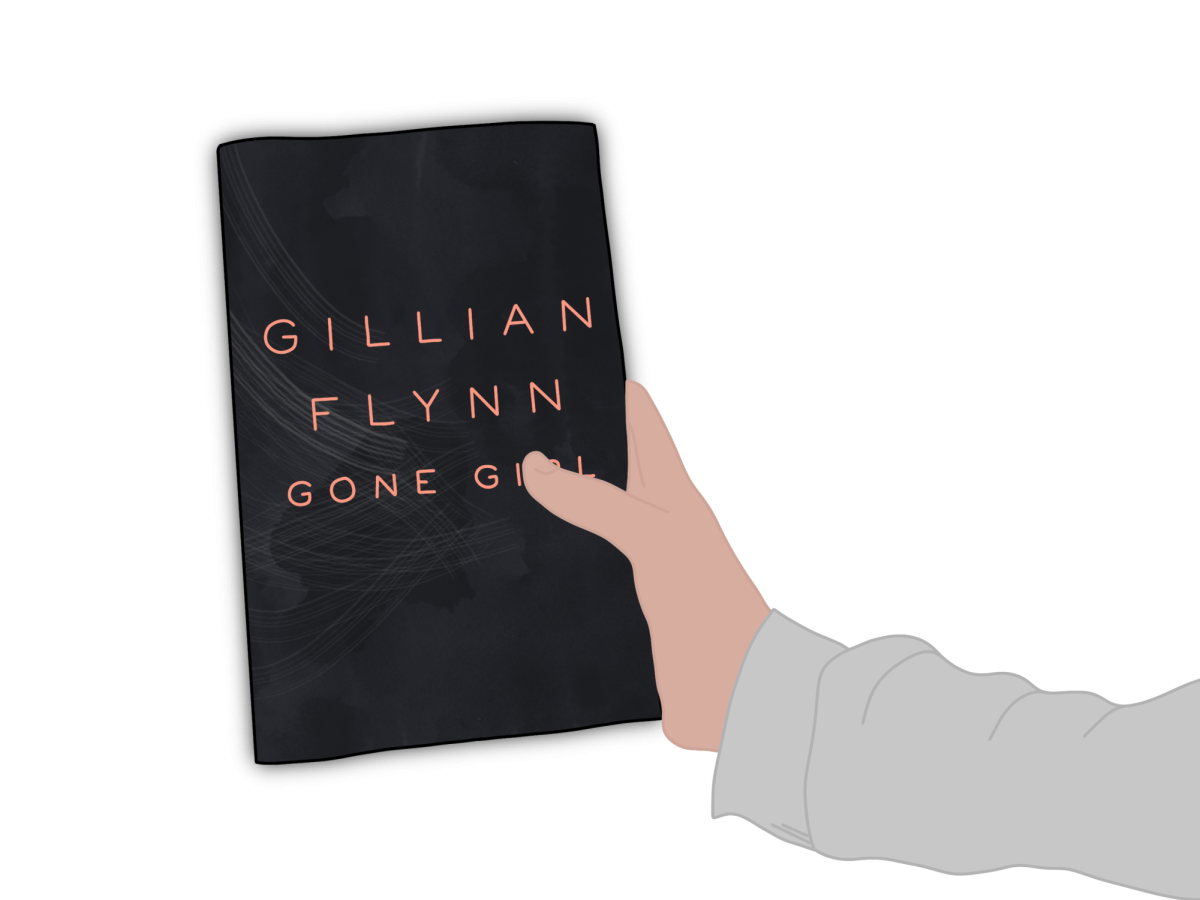I’ve always been a fan of historical fiction novels – particularly those that follow war. However, the aftermath of war is a space often overlooked in historical fiction, with most novels focusing on the journey of characters within actual periods of conflict. “They Went Left” by Monica Hesse takes readers on a journey into the lesser-explored post-Holocaust period of historical fiction. Despite this being a significant time in which survivors grappled with rebuilding their lives, reconnecting with loved ones and confronting the psychological scars left behind, this was the first novel I found exploring this period. Hesse’s decision to focus on this liminal period consequently makes her novel both unique and deeply compelling.
The novel follows 18-year-old Zofia Lederman, a survivor of Auschwitz-Birkenau concentration camp, as she returns to her hometown in Poland. Her family was decimated by the Holocaust, and her sole motivation is to find her younger brother Abek, whom she last saw before the Nazis separated them. Zofia arrives at a camp for displaced persons in Germany, a temporary refuge for various Holocaust survivors who are trying to locate family members or secure passage to new homes abroad. Through this setting, Hesse vividly captures the uncertainty and complexity of the immediate postwar period. In the camp, survivors navigate bureaucratic obstacles and attempt to recover physically and emotionally — all while trying to reconnect with loved ones. The story’s structure, which alternates between Zofia’s present experiences and her flashbacks to Auschwitz, reveals her trauma in layers, effectively immersing readers in her fractured psyche.
I have read and heard about many novels that depict the horrors that took place in concentration camps, but I haven’t seen as many that explore what happens after the end of the war — the disorientation, the survivor’s guilt, and the desperate search for family and normalcy. By shedding light on the displacement camps and the emotional limbo of postwar Europe, Hesse’s story feels new and necessary.
Hesse also excels in her depiction of Zofia’s relationships, particularly those she forges with other camp residents. Her relationships with characters like Breine and Josef provide the novel with moments of hope that stand in stark contrast to the weight of Zofia’s trauma, making her journey all the more poignant.
Unfortunately, in my opinion, the novel’s resolution undermines much of its emotional resonance. Without revealing too much, the plot twist Hesse employs toward the end of the book recontextualizes Zofia’s search for Abek. While plot twists can be powerful tools for reframing narratives, this particular one feels jarring and unsatisfying. It not only stretches believability but, in my experience, diminishes the reader’s connection to Zofia’s journey. After spending most of the novel empathizing with Zofia’s singular focus on finding her brother, the ending felt unnecessary in a way that cheapens her story. Instead of adding complexity or nuance, I believe it risks alienating readers by suggesting that the struggles and hopes of the characters they have invested in were for nothing. More frustratingly, I view this plot twist as a detraction from the novel’s overall thematic coherence. Hesse builds an intricate portrait of grief, trauma and resilience, only to disrupt it with an ending that feels more like a gimmick than a meaningful conclusion. This misstep leaves the reader with a sour taste that I believe overshadows the book’s many strengths.
Ultimately, “They Went Left” is a novel with immense potential. Hesse deserves credit for tackling a time period that has been underrepresented in Holocaust and post-war literature. Zofia’s story, for much of the book, is a testament to the enduring power of hope and the resilience of the human spirit in the face of incomprehensible loss. For me, the ending was enough to outweigh the strengths of the rest of the book, leaving me with mixed feelings about an otherwise powerful story. Still, “They Went Left” is worth reading for its depiction of an overlooked moment in history and its poignant exploration of survival and identity. Even if the conclusion falls short, Hesse’s novel remains a valuable contribution to Holocaust literature, offering a fresh perspective on a time period that continues to resonate with modern readers.
Rating: 3/5









